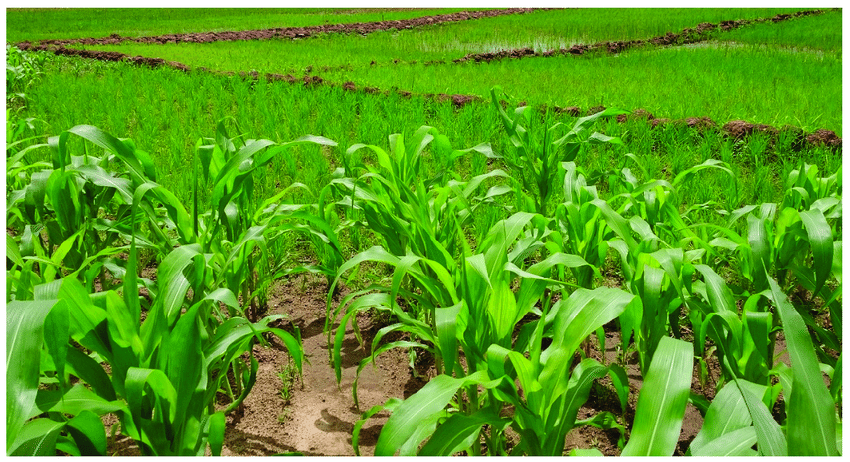Burkina Faso is a landlocked country lying between Ghana to the south and Mali to the north, with limited natural resources. The GDP per capita was just US$774.84 in 2019 and its population, estimated at almost 21 million in 2020, is growing at 2.86 per cent a year.
The economy relies heavily on agriculture, which employs about 80 per cent of the workforce, according to the World Bank. Cotton is the main cash crop, while gold exports have gained importance in recent years.
GDP growth in the decade to 2016 averaged 6.82 per cent, but fell to 5.68 per cent in 2019 due to security threats and the outbreak of the COVID-19.
Poverty declined from 47 per cent in 2009 to nearly 40 per cent in 2014, but remains widespread in rural areas. Poverty is more common and more severe among women, who often have limited access to land and decision-making.
Some of the main causes of rural poverty in Burkina Faso include:
shortage and poor quality of arable land
poor communication and transport networks
wide fluctuations in climatic conditions
low productivity in a subsistence farming regime.
The Strategy
In Burkina Faso, IFAD loans help build inclusive and sustainable institutions underpinned by pro-poor investments and policies and appropriate innovation and education.
Key activities include:
enhancing and diversifying the livelihoods of rural poor and marginalized groups, especially women, in a sustainable way through inclusive local private-sector development; and
enhancing decentralized governance of, and equitable access to, public goods, services and natural resources.
IFAD works with the Government to tackle challenges and develop operational strategies and policies based on best practices, feeding knowledge and ideas into policy development.
By working at various levels, we help the Government create an environment which facilitates efforts by local people to reduce rural poverty.
Country Facts
25 June 2010, Ouagadougou/Rome – Amid a growing food crisis in the Sahel that is putting millions at risk of hunger, FAO has started providing quality seeds to 100 000 vulnerable farmers in Burkina Faso, as part of an € 18 million operation funded by the European Union (EU).
According to FAO’s Global Information and Early Warning System (GIEWS) the food situation is of grave concern in parts of the Sahel, where more than 10 million people are at risk of hunger. In Burkina Faso, poor rains led to an estimated 17 percent decline in cereal production in 2009.
“This drought exacerbates an already difficult food security situation caused by persisting high food prices,” said FAO’s Emergency Coordinator in Burkina Faso, Jean-Pierre Renson. FAO has started distribution of improved seeds to 100 000 farmers for the coming planting season, benefiting about 700 000 people.
Making improved seeds available
The EU-funded operation will improve food security of more than 860 000 rural households, over 6 million people. The aim is to boost food production by making improved seeds available to needy farmers and to promote sustainable seed multiplication and certification.
The effort falls under the auspices of the ‘EU Food Facility’, Europe’s €1 billion response to the global food crisis, spurred on by soaring food prices in 2007 and 2008.
A win-win situation
FAO is also supporting some 900 seed producers in irrigated areas in southern Burkina Faso. For them, the current crisis could turn into a win-win situation: while increasing their revenues, seed producers will also contribute to improving the food security in the rest of the country.
“Areas with high production levels can compensate for areas which don’t produce as much, which lack seeds, and which face food insecurity,” says Renson. “So part of the production goes to the high risk areas to fill the deficit.”
FAO is working closely with the government and civil organizations in pursuing other priorities, such as the reinforcement of the seed chain by providing institutional and technical support to national public services. This includes the Institute of the Environment and Agricultural Research (INERA) and the national seed service.









